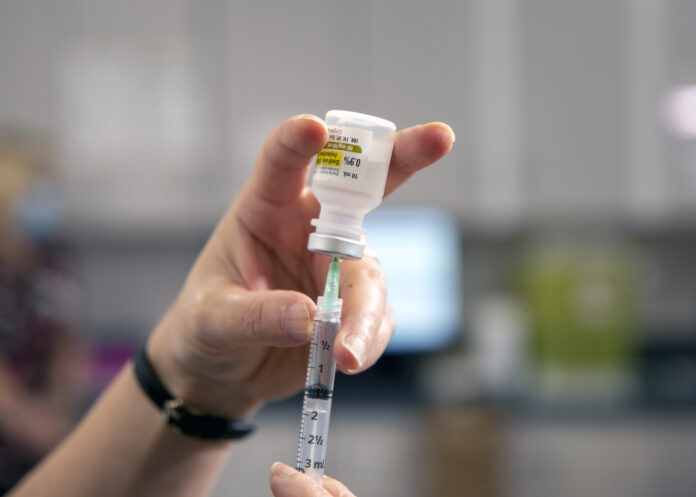The University of Saskatchewan (USask) is inviting residents to give input on COVID-19 public health measures by using their smartphones to respond to a series of five-minute surveys.
USask researchers are out to understand people’s thoughts about the effectiveness of public health messaging and the perceived risk of COVID-19 in their lives over the next four months.
“We’re really trying to capture the public’s voice and their viewpoints when it comes to the COVID-19 outbreak.As public health researchers and practitioners, we aim to create public health messages and guidelines that are evidence-based. The other big piece is the public’s understanding—making sure that our messaging isn’t just accurate, but that it’s also effective,” said Dr. Patrick Seitzinger (MD, MPH), a physician and USask School of Public Health graduate in a press release.
“This study is about trying to capture data on people’s perspectives, viewpoints and behaviours to see if the evolving strategies are effective and how they can be improved.”
Survey results will help to guide the province’s public health strategies for the pandemic and future outbreaks. Participants can use the Ethica smartphone app to complete the surveys. The end-to-end research platform was created by a USask computer scientist.
The study combines self-reporting surveys and GPS data into one project. The GPS data will help researchers understand population trends and patterns of mobility across the province.
The location information can provide context about the risk of disease spread without being invasive. It’s not about tracking individuals and seeing where they’re going, but rather how movement patterns are changing over time.
The research project is being conducted independent of the province, but findings will be shared with public health practitioners.
“I realize that the viewpoints of the public are diverse,” said Seitzinger. “To me, it’s really necessary to understand what’s going on in the minds of the people across Saskatchewan so that we can make sure that our public health strategies align with the specific needs of the population.”
Any resident with a smartphone or a computer with internet access can participate between June and October 2021.
“Participants will initially complete one very short survey per day for the study’s first five days to collect baseline information on risk perceptions, behaviours and knowledge about COVID-19,” the university said in a press release.
“In subsequent weeks, participants will complete two mini-surveys to gauge any changes in mask use practices, social contacts and COVID-19 vaccination viewpoints. If participants experience COVID-related symptoms, the surveys will also seek to understand the respondents’ experience with the illness and any long-term health effects.”


